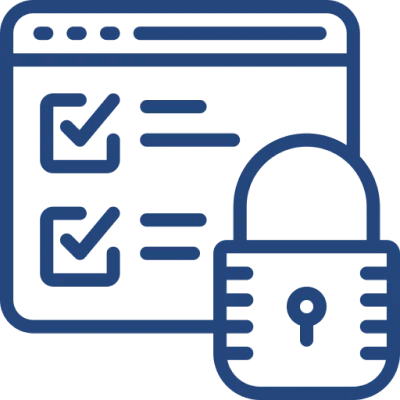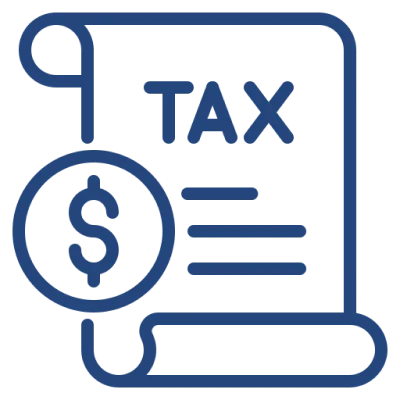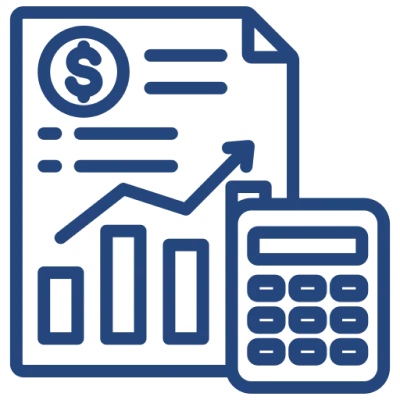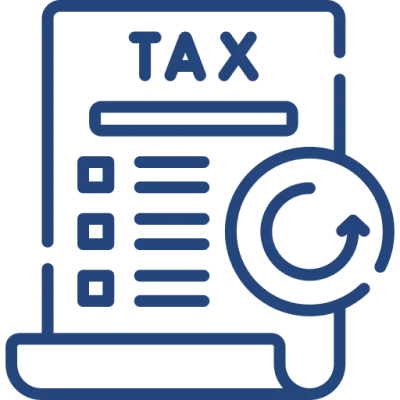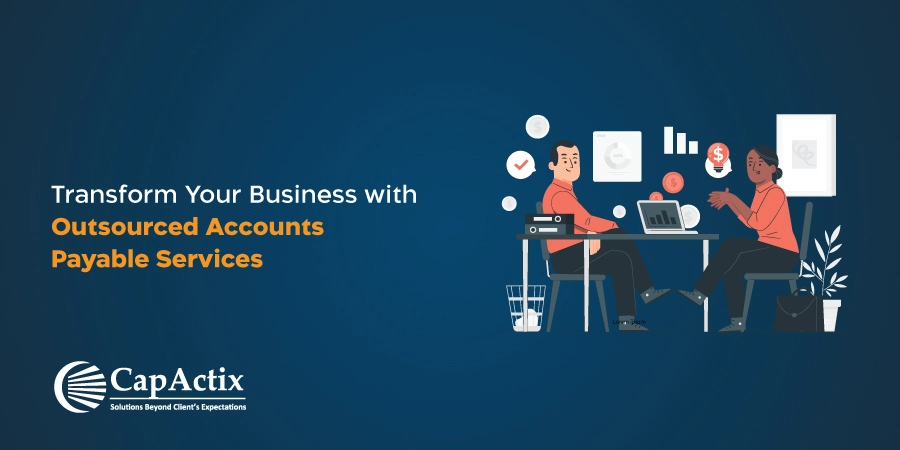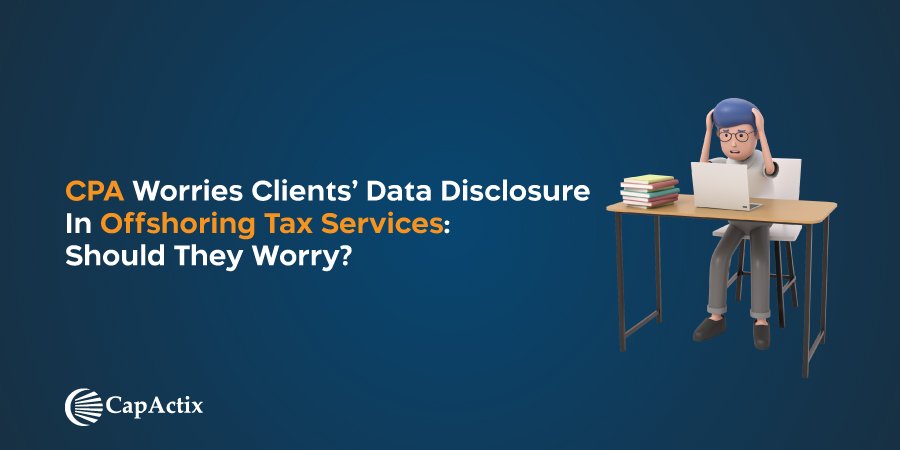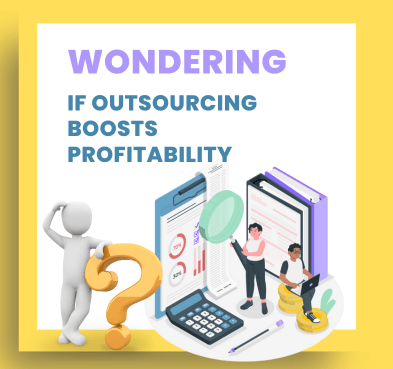When a tax return preparation may reveal or utilize a taxpayer’s tax return data without first getting the taxpayer’s authorization, IRC section 7216 and its accompanying regulations apply. Because violating section 7216 and its regulations is a federal criminal, CPAs should become familiar with these laws. When offshoring services, CPA tax preparationfirms are often concerned with sharing client data overseas. However, firms must familiarize themselves with the operations and procedures top offshoring companies follow to understand the safety and privacy of taxation data.
It allows CPA firms to assure their clients of protected data and no safety breaches.
What are the concerns faced by CPA firms regarding offshoring?
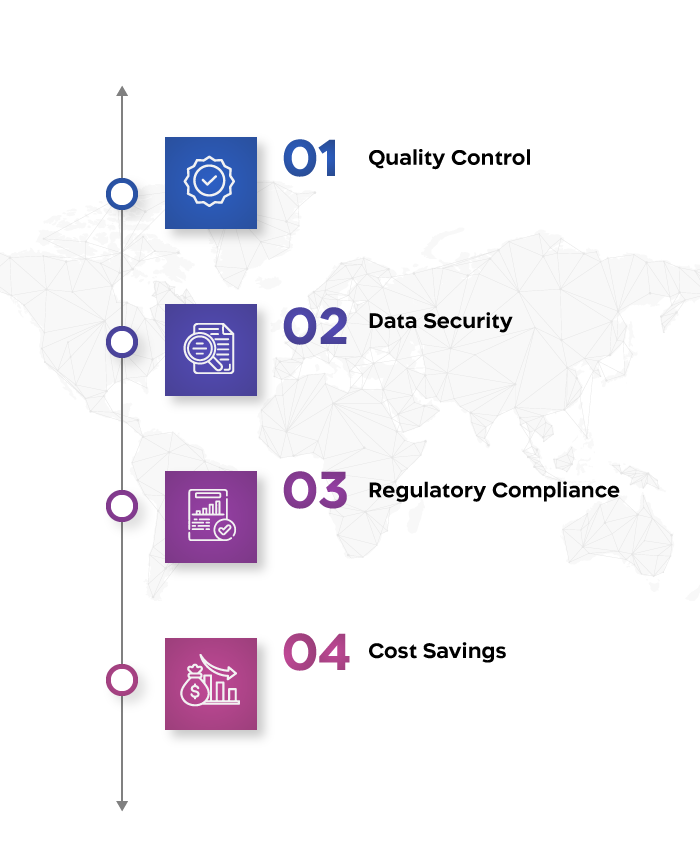
Although offshore accounting services are the new and coming big thing in the accounting industry, many CPA firms have their fair share of concerns about the topic.
1. Quality control
Offshoring involves delegating important tasks to a third-party provider, which can increase the risk of errors or subpar quality of work.
2. Data security
CPA firms have access to sensitive financial data, and offshore providers may not have the same level of data security protocols in place as the CPA firm.
3. Regulatory compliance
CPA firms must comply with regulatory requirements, and offshore providers may not be familiar with these regulations. This can increase the risk of non-compliance and potential legal consequences.
4. Cost savings may not materialize
While cost savings are often cited as a reason for offshoring, the upfront investment in infrastructure, training, and management of an offshore team can offset those savings.
Such lack of information poses a threat to expansion & offshore accounting and keeps major CPA firms from benefiting from the advantages.
This post will talk about how offshore accounting works for CPA firms, along with the regulatory framework, restrictions on offshore firms, and laws that they have to abide by.
Must read Tax Preparation Outsourcing Service: All Your Questions Answered
How Offshore Tax Service Providers Ensure Quality Control
Offshore tax service providers can ensure quality control in several ways:
1. Establishing quality control processes
Offshore tax service providers should have robust quality control processes in place, such as quality assurance reviews, peer reviews, and internal audits, to ensure that work is completed accurately and meets the CPA firm’s standards.
2. Hiring qualified professionals
Offshore providers should hire qualified professionals with relevant experience and training in tax preparation and accounting to ensure that work is completed to a high standard.
3. Providing ongoing training
Offshore providers should provide ongoing training to their staff to ensure that they are up to date with the latest tax laws and regulations, as well as the CPA firm’s procedures and requirements.
4. Using technology
Offshore providers can use technology to improve the accuracy and efficiency of their work. For example, using automated tax preparation software can help reduce errors and ensure consistency in the work.
5. Establishing communication protocols
Offshore providers should establish clear communication protocols with the CPA firm to ensure that any questions or issues are addressed promptly and accurately.
6. Conducting periodic performance reviews
Offshore providers should conduct periodic performance reviews to identify any areas for improvement and ensure that their staff is meeting the CPA firm’s expectations.
Must read Step by Step Process for Outsourcing Tax Preparation Services from CapActix
How Offshore Tax Service Providers Ensure Data security Of Client’s Data
Offshore tax service providers can take several measures to ensure data security for their client’s data. Here are some common practices:
1. Physical and network security
Offshore tax service providers should have robust physical and network security measures in place to protect their clients’ data. This includes secure facilities, access controls, firewalls, encryption, and intrusion detection systems.
2. Data backup and disaster recovery
Offshore tax service providers should have data backup and disaster recovery procedures in place to ensure that client data is protected in the event of a natural disaster, system failure, or cyber-attack.
3 Secure file transfer
Offshore tax service providers should use secure file transfer protocols to transfer client data between the CPA firm and the offshore provider. This includes encryption, password protection, and secure file transfer protocols like SFTP or HTTPS.
4. Staff training and background checks
Offshore tax service providers should train their staff on data security best practices and conduct background checks to ensure that they are trustworthy and reliable.
5. Non-disclosure agreements (NDAs)
Offshore tax service providers should require their staff to sign NDAs that prohibit them from disclosing client information or using it for any purpose other than providing tax services.
Must read 5 Reasons Why Outsourcing Tax Preparation Will Be the New Normal
The Legislative and Regulatory Framework
IRC section 7216 and its guidelines provide a blanket restriction on a provider disclosing or using a taxpayer’s return information without specific permission. However, section 301.7216-2 of the Treasury Regulations contains several exceptions to this regulation. IRC Section 7216 makes it illegal for a tax return preparer to—knowingly or recklessly—
- Disclose any information provided to a tax return preparer in connection with the preparation of a client’s tax return, or
- Use tax return information for any purpose other than preparing or assisting in preparing a client’s tax return.
IRC section 6713 allows for civil monetary fines to get levied. A preparer may get disciplined under Treasury Department Circular 230, or the AICPA may penalize a preparer for willful unlawful release of tax return materials.
What comes under protected tax data?
“Any knowledge, including but not restricted to a taxpayer’s name, location, or identification number, SSN that is supplied in any form or way for, or in conjunction with, the compilation of a tax return” [Treasury Regulations section 301.7216-1(b)(3)]. The following is information from a tax return:
- data that a taxpayer provides to a tax return preparer,
- data that a third party offers to the tax return preparer, and
- information that the tax return servicer obtains from tax return data
Are there any exceptions?
Section 301.7216-2 of the Treasury Regulations offers a long list of revelations and applications of tax return data that a tax return preparer may conduct without the taxpayer’s permission. The IRC section 7216 expressly specifies that the regulations will apply. The following situations allow for disclosure:
- To those who will help in the processing of a tax return in a returned preparer’s firm
- If a tax return preparer gives software to a taxpayer to use in completing or submitting their tax return to meet changes in IRS forms, e-file requirements, or new administrative, legislative, or statutory guidance, and to test and assure the software’s technical capability.
CPA firms should consider hiring Offshore Tax Preparation firms and having their taxes prepared under the supervision of a professional team with a two-tier review procedure. Tax preparers outsourcing activities to CPA firms in the United States will also increase the performance and adaptability of the tax return process, easing the load on taxpayers and improving their bottom line.
Offshoring instead of Outsourcing: A better alternative for CPA firms
Many CPA firms, including the Big 4, use Indian offshore staffing to complete their tasks. It’s important to emphasize that we’re not using the term “outsourcing.” Credible offshore firms understand that outsourcing services to CPA companies aren’t the best option. Instead, you could call what we do “remote (offshore) staffing.” It is the type of arrangement that CPA firms like. Please see the list below for a sample of remote staffing options.
- The remote employee will operate in your organization’s environment, including your Tax Software, Document Portal, and other PMS.
- CPA firms can customize the services provided by remote employees to meet their specific needs. They can choose the level of experience and expertise required, the types of services provided, and the reporting and communication protocols.
- It will be taken into account if you hire remote workers.
- Employees get hired on the offshore firms’ payroll. They must adhere to the NDA, security procedure, and other security measures implemented by offshore firms due to the legal agreement.
- Your offshore accounting company will manage employees and their paychecks like your remote staffing agency.
Furthermore, in most cases, CPA companies have direct control of all data resources, such as taxpayers’ document libraries on cloud storage and tax return preparation software. Offshore companies only get access to see the documents and enter the required information into the Tax Software. As a result, no records get transferred from your server to offshore companies’ servers. CPA firms maintain control over documents and information.
Bottom line
In the tax time of 2023, CPA tax preparationoutsourcing will provide more versatility and adaptability to the professional tax procedure, reducing the strain on taxpayers and saving money. CapActix Business Solutions safeguards client data with several measures, some of which include:
- SSL at Every access point is protected by a secure network and electronic locks.
- Separate login credentials for each employee to access the SSL-encrypted server and execute work, as well as tracing of employee activity within the LAN
- Employees’ activities over the WAN utilizing the physical firewall get logged.
- The IT team is the only one who configures the client’s software credentials in the approved employee’s User profile on CapActix’s central server. As a result, employees that work with your data will never be aware of software credentials. They will be working directly on the software that has been pre-configured in their user profile.
CapActix Business Solutions is ISO 27001-certified company that offshores your accounting and taxation clients to streamline the process for your firm. Contact CapActix for Offshore Tax Preparation for your next tax season.







